Many pet owners enjoy decorating their homes for the holidays. Unfortunately, owning pets means that sometimes you can’t have the things you want, or you must think carefully about where to place them. Pets are naturally curious, and they will investigate new items in their space, regardless of their potential harm. Most of our four-legged friends also have a soft spot for tasty treats, which can make for a dangerous holiday situation as well. The Tidmore Veterinary Hospital team wants to help pet owners make informed choices this holiday and learn how to safeguard their homes, room by room.
Kitchen and dining room holiday pet hazards
The most dangerous hazards in the kitchen and dining areas come from food. Many holiday foods contain toxic ingredients or too much fat for a pet’s digestive system to handle safely. The best way to pet-proof kitchen and dining areas is to ban your furry friends from them. If yours is well-trained, ask them to go to their place or mat and stay there. For everyone else, pet gates can work magic. Also consider keeping dangerous food items sealed in secondary containers and stored in a cabinet or the refrigerator, away from counter edges where a dog could reach them or a cat could knock them down.
The most dangerous items in the kitchen and dining areas include:
- Toxic foods — Chocolate, raisins, xylitol, macadamia nuts, garlic, onions, coffee, alcohol, and raw yeast dough are all toxic to pets and cause various health problems, up to and including death in some cases. Contact the ASPCA Animal Poison Control Center or Pet Poison Helpline if your pet eats toxic food during the holidays.
- Fatty foods — Fatty or oily foods, such as poultry skin, butter, bacon, dark meat, or gravy, can cause pancreatitis in dogs. Try to keep your pet’s diet the same as usual during the holidays to avoid this painful condition.
- Bones — Cooked bones can splinter and pierce digestive tissues, or get stuck and require surgery to remove. Offer long-lasting chews designed for dog consumption rather than bones from the holiday meal.
- Trash — Typically, holiday trash contains a mixture of the above harmful items, making it especially dangerous. Take trash to your outdoor bins immediately after your meal.
Living room holiday pet hazards
The living room is where family members spend most of their time, and where many pet owners place their traditional decorations. Injuries or illness can occur if your pet chews on, swallows, or knocks over a decorative piece. Consider the following tips to create a safe and festive environment:
- Secure the Christmas tree – Fasten the tree to something sturdy so your pet cannot knock it over. Use shatter-proof ornaments and try to decorate only the top portion of the tree, or place a puppy pen around the base to block your pet’s access.
- Avoid tinsel, ribbon, and string — These items are tempting for cats, and, if swallowed, can cause intestinal damage and bunching.
- Opt for flameless candles — Candles are especially dangerous in homes with cats, who can easily jump onto the mantle to knock them down.
- Display snow globes carefully — Snow globes may contain toxic ethylene glycol, the same ingredient that causes antifreeze poisoning. Keep snow globes away from ledges where they could fall and break.
- Hide or protect cords — Pets who chew on cords could burn themselves or cause a house fire. Protect cords with commercially made sleeves or hide them behind or under furniture.
Bedroom holiday pet hazards
The bedroom is where your guests stay when they come into town for the holidays, and they can be a source of stress for pets. Ensure your guests understand how to safely engage with your pet, letting your furry pal decide how much contact they want with strangers. You also can designate one of the bedrooms or a different house area as a pet safe zone with comfortable bedding and familiar toys and smells, so your pet has a place to go when they want peace and quiet.
Outdoor holiday pet hazards
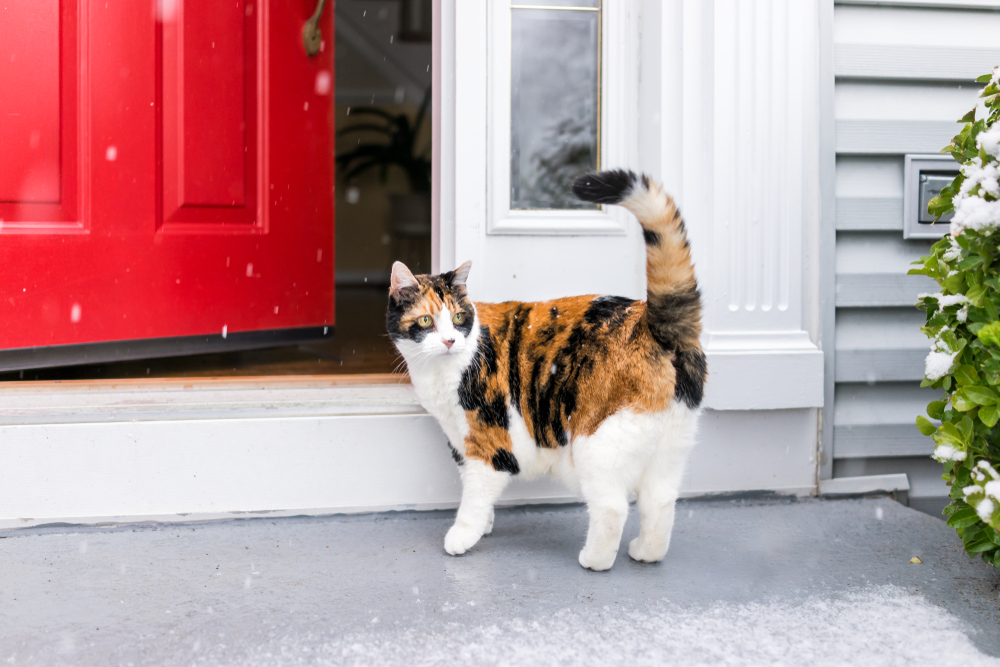
The outdoors can be hazardous for pets if they escape through the open front door and get lost during a gathering. Outfit your furry pal with an up-to-date identification tag and consider having them microchipped—a minor outpatient procedure that provides them with permanent identification implanted underneath their skin.
The holidays are often hectic, but carefully pet-proofing your home can reduce the chances your pet will need urgent veterinary attention or emergency care. Contact us for additional house-proofing tips and tricks from our seasoned Tidmore Veterinary Hospital team, to schedule a pre-holiday checkup, or if your furry pal gets sick and needs veterinary care over the holidays.



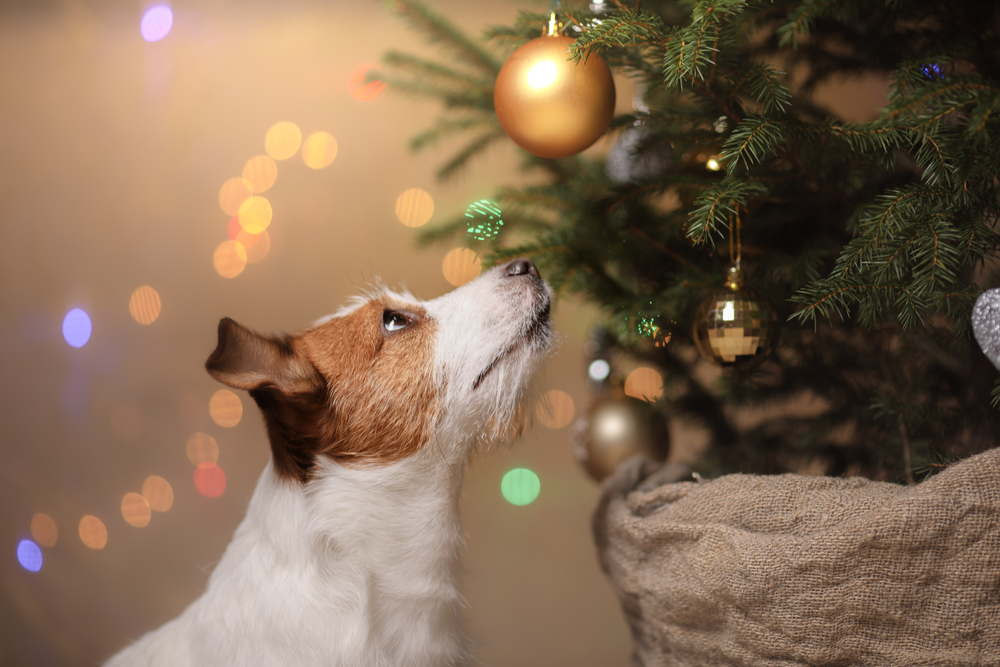
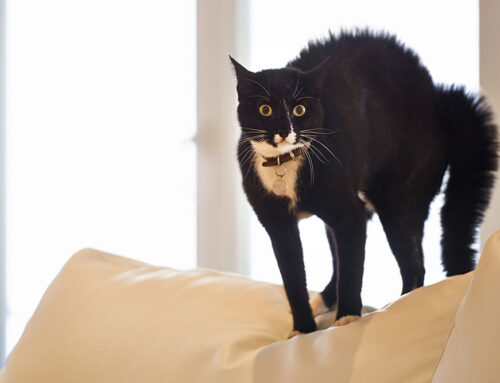
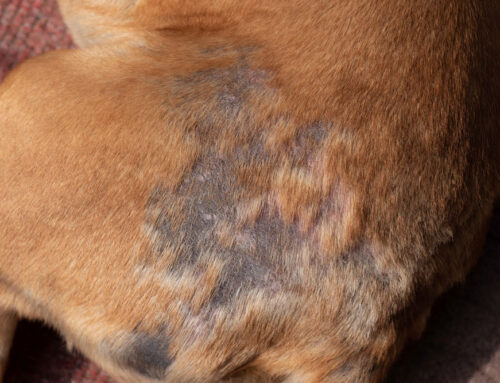

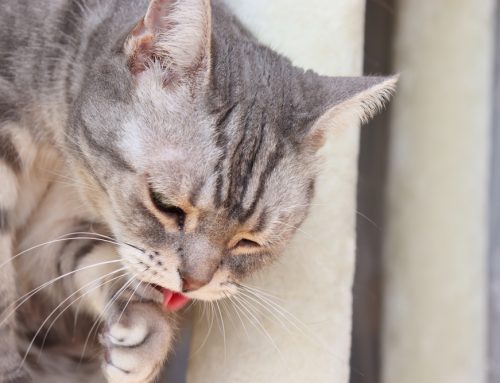
Leave A Comment